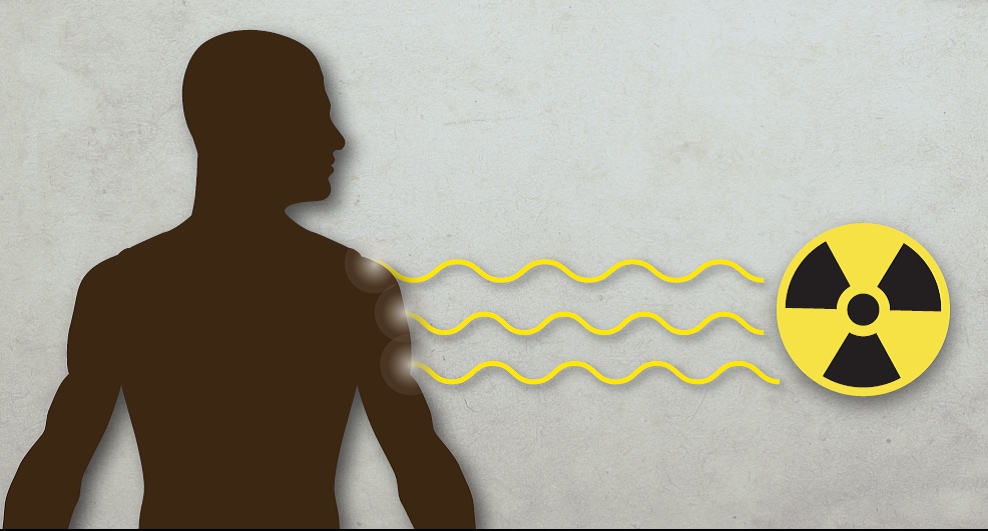Community Resources for Those Affected by Radiation-Related Illnesses

Radiation-related illnesses are a significant health concern, with potential long-term consequences for individuals and their communities. Coping with such conditions can be challenging, but you are not alone. Community resources are crucial in offering support, information, and assistance in times of uncertainty and distress. From cancer support organizations and government agencies to local support groups and crisis hotlines, these resources provide a network of care and expertise to help individuals and families navigate the complexities of radiation-related health challenges.
UEW Healthcare is a comprehensive healthcare management company that assists individuals and organizations dealing with radiation-related illnesses. UEW Healthcare’s expertise can help individuals receive timely and appropriate care, reduce the burden of managing healthcare logistics, and provide peace of mind during challenging times associated with radiation-related health issues.
Let’s explore in detail how various community resources can provide essential aid and comfort to individuals and families affected by radiation-related illnesses:
- Cancer Support Organizations
- Information and Education: Cancer support organizations like the American Cancer Society (ACS) offer comprehensive resources and educational materials about radiation-related cancers and treatments. They provide valuable information to help individuals understand their condition.
- Support Groups: These organizations often host support groups where patients can connect with others facing similar challenges. Sharing experiences and coping strategies can provide emotional comfort and a sense of community.
- Financial Assistance: Some organizations offer financial aid programs to help with treatment costs, transportation, and lodging, reducing financial stress.
- Radiation Exposure and Safety Resources
- Guidance in Emergencies: Organizations like the Radiation Emergency Assistance Center/Training Site (REAC/TS) provide critical guidance during radiation emergencies. They offer expertise in radiation safety and medical management to ensure individuals receive proper care promptly.
- Medical Network: The Radiation Injury Treatment Network (RITN) connects individuals with medical centers specializing in radiation injury treatment. This resource ensures access to expert care and support for radiation-related health issues.
- Local Support Groups
- Emotional Support: Local cancer and radiation exposure support groups offer a safe space for individuals to share their feelings, fears, and experiences. These groups can provide emotional comfort, reduce isolation, and offer practical advice.
- Community Engagement: Participation in local support groups fosters a sense of belonging and community engagement, which can be therapeutic and uplifting.
- Government Agencies:
- Information and Regulations: Government agencies like the Centers for Disease Control and Prevention (CDC) and the Environmental Protection Agency (EPA) provide information on radiation exposure, safety guidelines, and regulatory standards. This knowledge empowers individuals to make informed decisions.
- Access to Resources: Government agencies may offer resources, guidelines, and tools to effectively assist healthcare professionals and the public in managing radiation-related issues.
- Online Communities:
- Peer Support: Online forums and communities dedicated to cancer and radiation exposure, such as Cancer Survivors Network and Cancer Compass, provide a platform for individuals to connect with others who understand their experiences. These communities offer a sense of camaraderie and emotional comfort.
- Information Sharing: Participants in online communities often share valuable information about treatment options, coping strategies, and resources, enhancing the knowledge base available to individuals.
These community resources are pivotal in providing aid, comfort, and empowerment to individuals and families facing radiation-related illnesses. Whether through emotional support, access to information, financial assistance, or connections with experts, these resources help individuals navigate the challenges of their health journeys with greater resilience and confidence.






